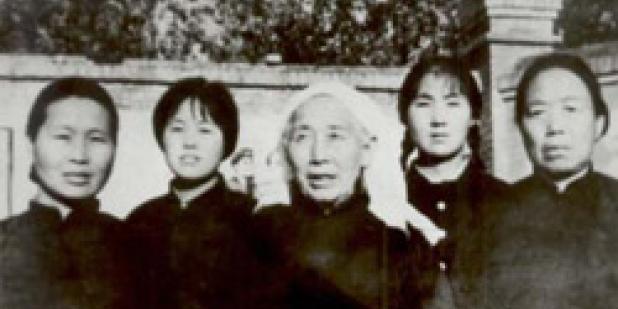Happy Lunar New Year from the USC US-China Institute!
Remembering the Past Bitterness to Salve Present Injuries: Rural Women and New Uses for China's Collective Past
UC Berkeley's Center for Chinese Studies presents a talk by Gail Hershatter on how rural socialist construction depended on women's work in the cotton fields and their domestic labor.
Where

Gail Hershatter, History, UC Santa Cruz
In rural China today, aging women narrate their pasts from the vantage point of a present in which their longevity, self-understanding, and economic vulnerability are shaped by gender, just as their laboring lives were during the collective period. They highlight what they feel to be their enduring virtues, their important achievements, and their most deeply harbored grievances. In talking about their current situations as elderly (often widowed) women with grown children, these women point to the ironies and contradictions of the reform-era countryside. Their stories about the 1950s remonstrate with individual family members and with a wider socius that depended on, expected, yet generally failed to recognize much of their labor, and that now increasingly regards them as a burden. These stories remind us that rural socialist construction depended on women’s heroic work in the cotton fields and their systematically occluded domestic labor as well. They suggest that just as socialism was profoundly gendered, so is the memory and understanding of its layered transformations, its difficulties, and its meanings.
This talk is drawn from the final chapter of Hershatter’s book The Gender of Memory: Rural Women and China’s Collective Past (University of California Press, forthcoming).
Featured Articles
We note the passing of many prominent individuals who played some role in U.S.-China affairs, whether in politics, economics or in helping people in one place understand the other.
Events
Ying Zhu looks at new developments for Chinese and global streaming services.
David Zweig examines China's talent recruitment efforts, particularly towards those scientists and engineers who left China for further study. U.S. universities, labs and companies have long brought in talent from China. Are such people still welcome?






